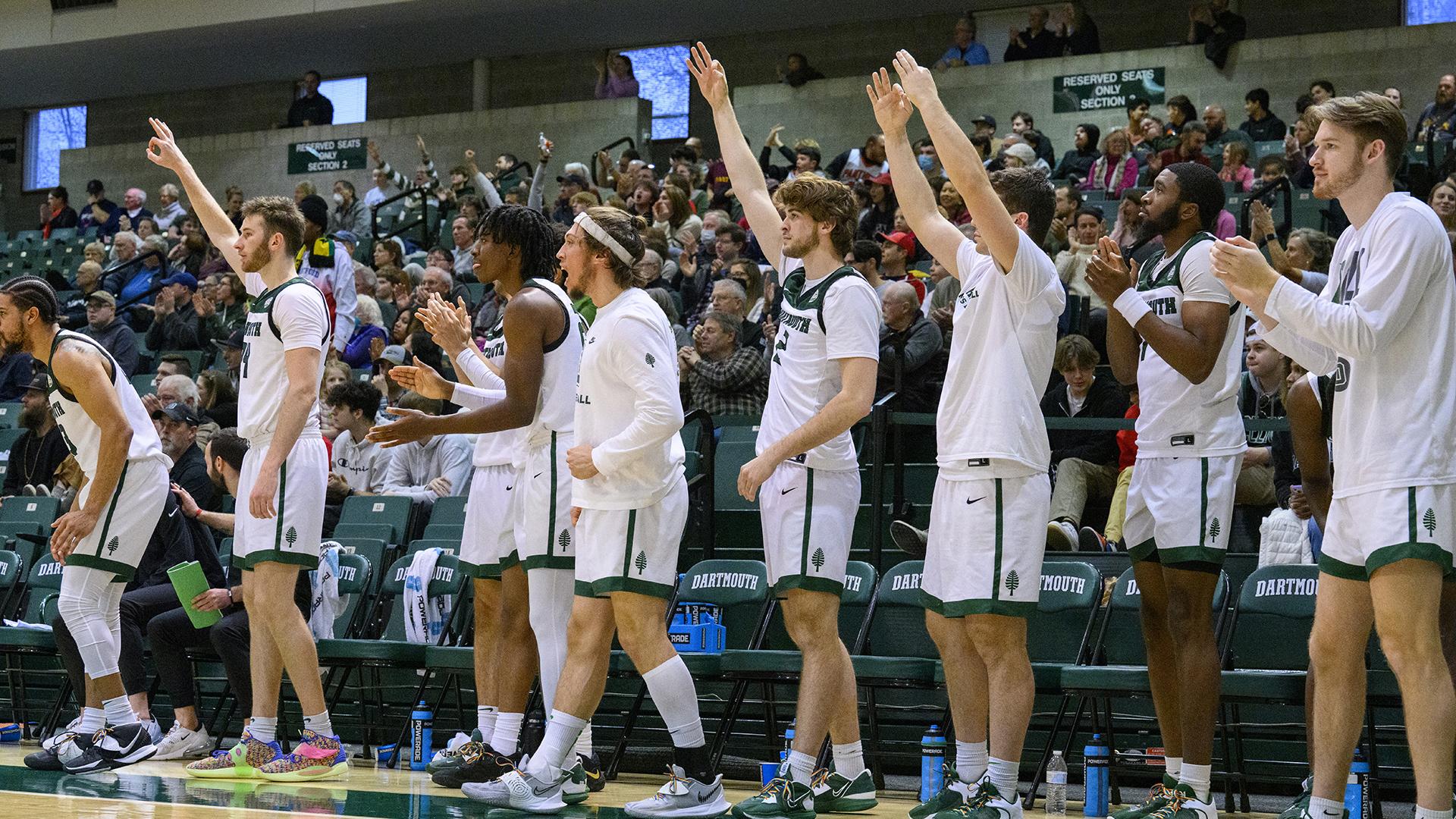On Wednesday, a hearing concluded in the potentially historic case regarding the Dartmouth men’s basketball team’s attempt to unionize through the National Labor Relations Board. The petition for unionization, supported by the Service Employees International Union, was first filed in September.
During four days of testimony, lawyers for both athletes and the school argued whether the players could be considered employees of their school — and therefore whether the NCAA’s entire amateurism model is void.
If the athletes are ultimately allowed to form a union, they’ll set a new legal precedent for schools nationwide.
In the coming weeks, the NLRB’s regional director will issue a written decision about whether athletes can go forward with a union election.
If allowed to hold a union election, athletes will likely cast their ballots at some point before Dec. 25, attorneys agreed. But both sides will have the attempt to file an appeal — meaning the issue may not be decided for months.
The Dartmouth lawyers used multiple witnesses — all of whom were Dartmouth employees, and at least one of whom was a current athletics department employee — to establish that college athletes are not professionals.
As an Ivy League school, Dartmouth operates somewhat differently than other Division I schools: Ivy League schools offer more restrictions on eligibility and do not offer athletic scholarships. They also make much less revenue than more visible Division I programs.
Dartmouth’s lawyers attempted to use this distinction to show that Dartmouth’s men’s basketball players are not treated like university employees, even if other D-I athletes may be.
Dartmouth’s witnesses spoke about ways athletes are considered “students” first — like how they’re expected to prioritize attending class over practice — and how amateur club sports are similar to varsity athletics.
During a rebuttal at the end of the trial, Dartmouth’s lawyers also attempted to redirect any blame about the “amateurism” designation the Ivy League and NCAA by showing that Dartmouth simply enforces rules imposed upon it by those entities.
The athletes’ lawyer focused almost his entire case on the testimony of current men’s basketball player Cade Haskins.
Haskins described the realities of playing at the Division I level: that athletes’ schedules are completely controlled by coaches while on the road; that they spend at least 20 hours a week on their sport; and that they’re required to attend fundraising events for the athletic department and sign away their name, image, and likeness rights for the school to use in several instances.
He also addressed the athletic department’s claim that athletes prioritize going to class over games.
“In reality, is that what happens?” the players’ lawyer asked him.
He replied, simply: “No.”
During cross-examination, the athletes’ lawyer was able to get multiple school officials to concede that it is possible for a student to also be an employee of the university. A particularly strong example: team managers, who are students paid to work in the athletic department.
Dartmouth men’s basketball players are more likely to succeed in their effort in this current climate, where the NLRB’s general counsel has stated publicly that she believes many college athletes should be employees.
They are also building on a case where Northwestern football players attempted to unionize in 2014. The NLRB ultimately declined to rule on the case on a technicality — not because it found the players to be amateurs.







![[Subscription Customers Only] Jun 15, 2025; Seattle, Washington, USA; Botafogo owner John Textor inside the stadium before the match during a group stage match of the 2025 FIFA Club World Cup at Lumen Field.](https://frontofficesports.com/wp-content/uploads/2026/02/USATSI_26465842_168416386_lowres-scaled.jpg?quality=100&w=1024)
![[Subscription Customers Only] Jul 13, 2025; East Rutherford, New Jersey, USA; Chelsea FC midfielder Cole Palmer (10) celebrates winning the final of the 2025 FIFA Club World Cup at MetLife Stadium](https://frontofficesports.com/wp-content/uploads/2026/02/USATSI_26636703-scaled-e1770932227605.jpg?quality=100&w=1024)








